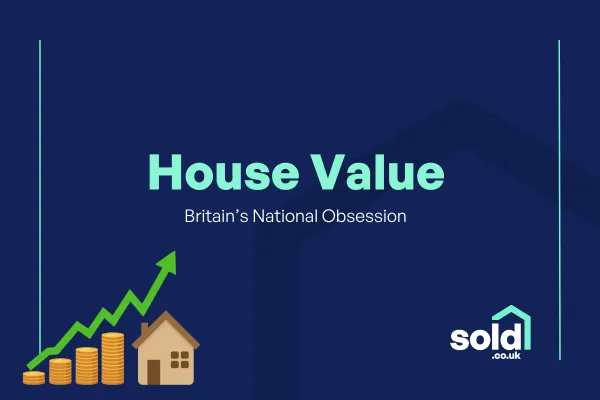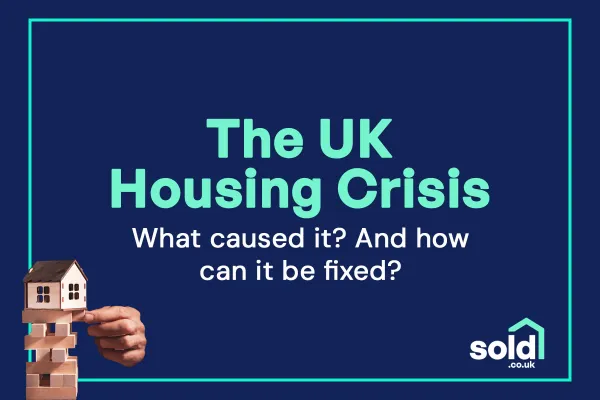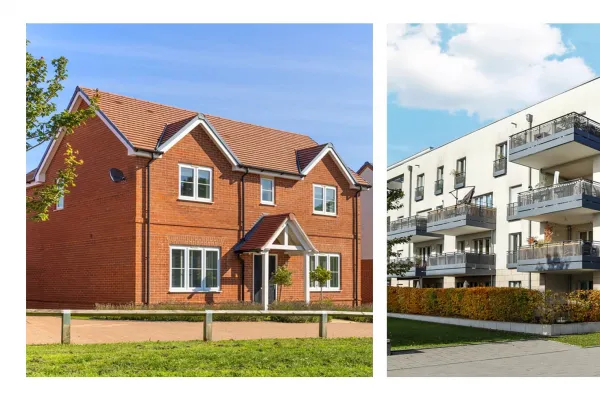Planning for your next property move gives you many choices.
Once you’ve decided where to live, you can consider what to live in.
There are advantages and drawbacks to every type of home.
Read on to explore the differences between flats and houses.
Flats
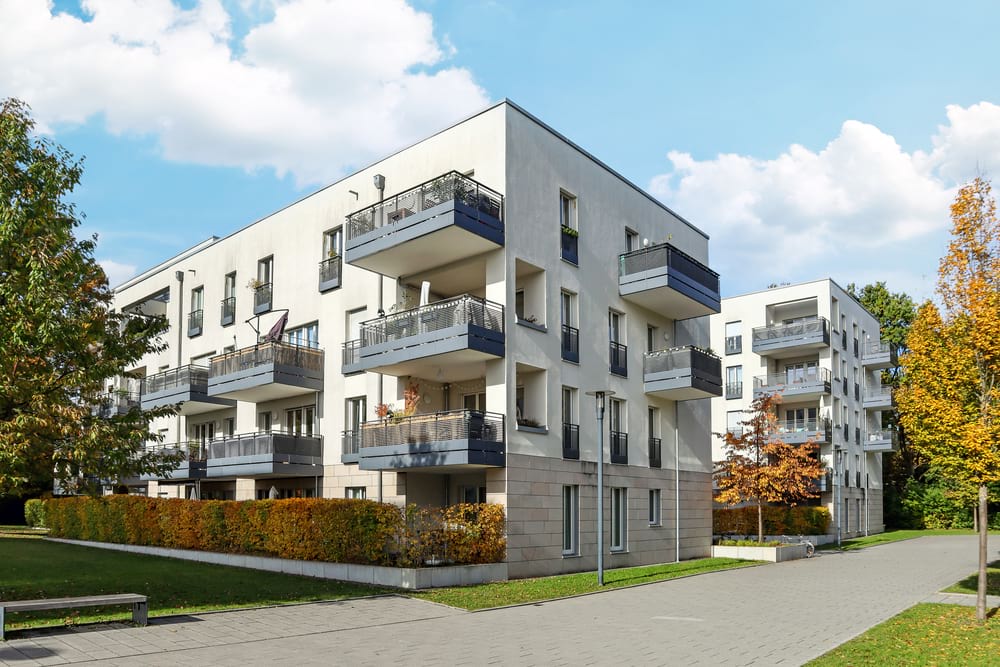
Flats are one of the most popular types of property in the UK.
They come in many forms, including studio flats, maisonettes, and more.
And they can exist as part of large tower blocks or smaller residential properties.
Most flats are leasehold, a property ownership model that has a set time frame.
Advantages of living in a Flat
Affordability
A typical flat is far more affordable than a house.
Indeed, of the four main types of property in the UK, a flat is the least expensive.
It’s ideal when you’re taking your first step onto the housing ladder.
Sense of community
You’re usually in close proximity with other people in your building.
This creates a sense of community that you don’t get when living alone.
You could make new friends, go to building events, and chat to people in the communal spaces.
Convenient access to amenities
Most flats are close to town centres, which is perfect for accessing amenities. Shops, transport, and employment is often nearby.
And there will sometimes be amenities inside your flat building, as well.
This is for all the residents to use. You’ll barely need to step outside your flat to reach them.
Disadvantages of living in a flat
Less privacy
You usually share a wall with your neighbours in a flat. And you don’t have a private entrance.
This gives less privacy than a house.
Compliance with your lease
You need to follow the terms of your lease agreement.
This may forbid you from keeping a pet. It also involves extra payments for service charge and ground rent.
These can prove a headache. And a freehold house resident doesn’t need to worry about them.
Limited space
A flat rarely has the same square footage as a house.
There are a few exceptions, although these are rare. You won’t have as much storage space nor a private garden.
It can be challenging when you’ve got a large family.
Houses
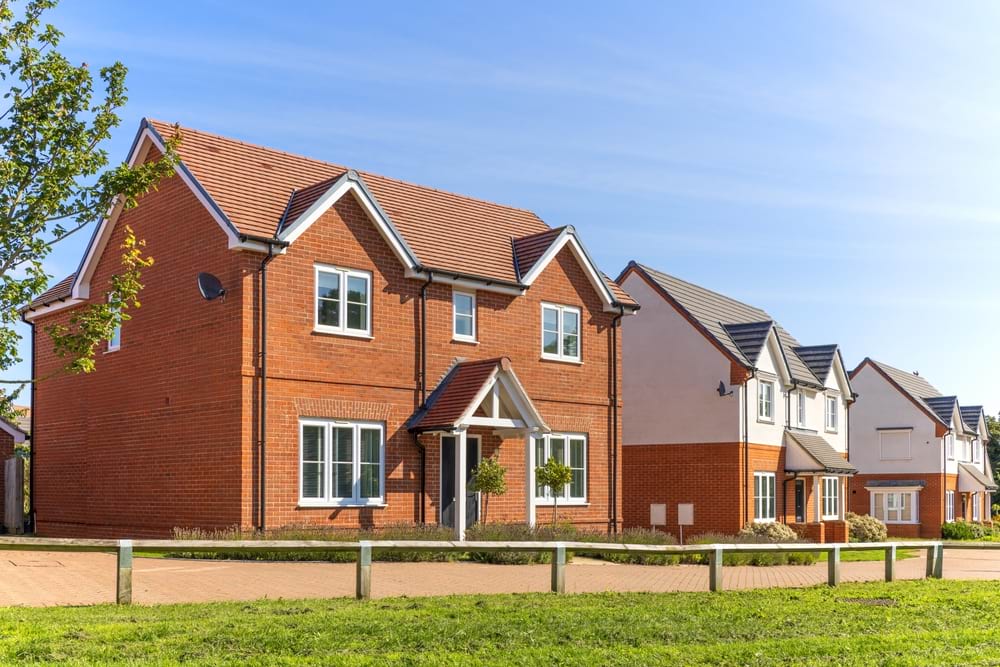
As with flats, there are different kinds of houses (terraced, semi-detached, detached, etc.).
But unlike flats, houses are usually freehold.
Advantages of living in a house
Extra space
Houses are ideal when there’s more people living there.
Your square footage tends to be larger. There’s often extra storage, bedrooms, bathrooms and more.
You could also get a garden, private driveway, and so on. It makes your living conditions more enjoyable.
Increased growth in value
A growing property market means larger gains for house owners. This is because the starting price of houses is typically higher than flats.
Furthermore, flats are going through a difficult period in the UK.
Selling one takes much longer and prices are growing far slower than houses.
Freehold ownership
Most houses are owned via freehold. This means that the land beneath the property belongs to you.
You don’t need to pay ground rent of service charge. And you can maintain your land in any way you like. There’s no restrictive lease you’re forced to comply with.
Disadvantages of living in a house
Higher initial price
A typical house is more expensive than a flat. This means that you’ll need more money to purchase it.
The mortgage could be larger, too, which some argue increases your risk. It’s a bigger financial commitment.
Extra maintenance
You’re responsible for all the maintenance of your property.
You could pay a professional to do this for you, but it’s generally more expensive.
In a flat, you and all the other residents share the maintenance costs together. Houses are often more expensive, and more hassle, to maintain.
Potential isolation
Not every house is in the heart of a busy community.
Sometimes, you’ll find yourself in a rural area, which can put you far away from others.
When flats are the better option
A flat is usually ideal for younger people.
It’s less expensive to buy, making it perfect when taking your first steps onto the housing ladder.
You also rarely need as much living space if you don’t have children and/or a partner.
You may also prefer a flat if you need to be close to an urban area. Perhaps this is for work opportunities, or because you enjoy socialising.
When houses are the better option
If you need more space to live in, then a house is typically better.
You can raise children in the house without it feeling too cramped. And you can use the equity from your previous property to afford this more expensive transaction.
Lots of houses in rural areas are safer, due to the lower crime rate outside of big cities. This might be a priority when you’ve got young children.
When you want to have a quieter life, without as much constant noise outside, a house seems very appealing.
Many hope to progress to this one day, after living in a flat through their earlier years.
Converting my flats into a houses
It’s time-consuming and expensive, but possible. You’ll need to buy all other flats in the building, along with the freehold.
You might then have to get planning permission from the council to convert the property.
Planning permission sometimes isn’t needed if you aren’t changing the property’s exterior. Check with a legal expert to be sure.
Converting houses into flats
Yes, this involves lots of work and money, but is possible.
Many do this by creating a house of multiple occupation (HMO).
This means that several people can live in the converted building, after you’ve renovated it. A special landlord license is usually needed.














